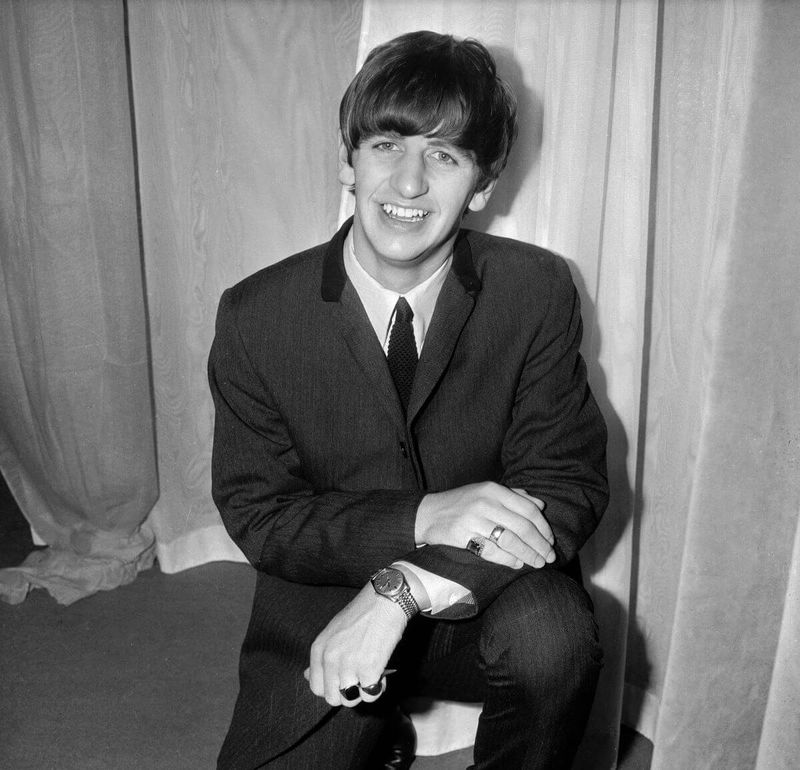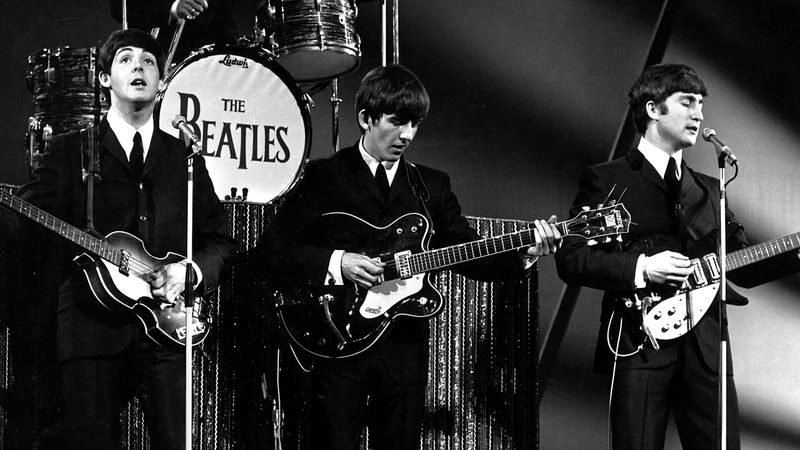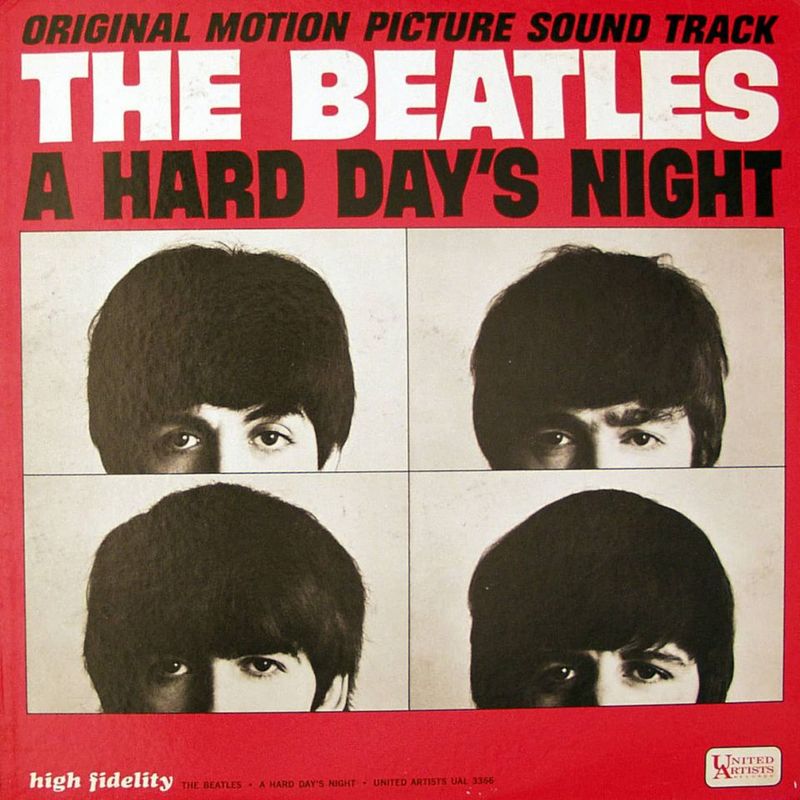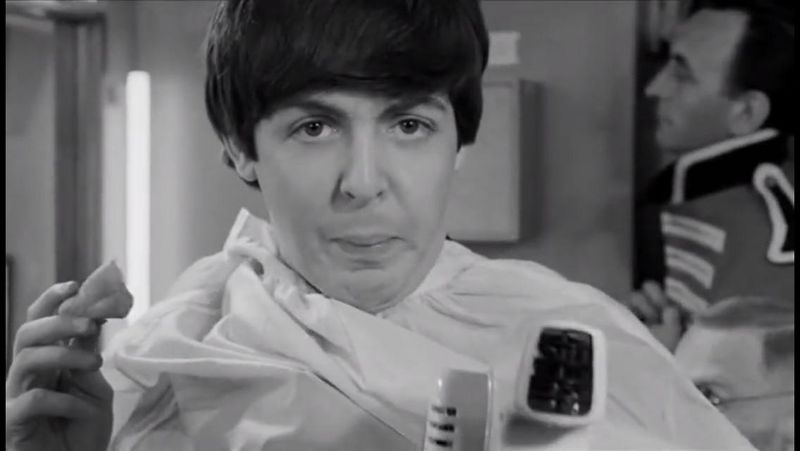Discover the intriguing history of a Beatles song that Paul McCartney initially disliked but went on to create music history.
This song, born from a whimsical Ringo malapropism, turned into a film title, had a legendary opening chord, and was written in a day. It became a chart-topping hit and even changed McCartney’s mind about its charm.
Dive into six fascinating facts about how this iconic track transformed from an underrated piece to a monumental hit.
1. It Started As a Ringo Malapropism
Ringo Starr, known for his quirky sense of humor and unique way with words, uttered a phrase that would go down in music history: “It’s been a hard day’s night.” This delightful mix-up of idioms came about during a casual conversation among the Beatles. George, Paul, and John found it so amusing that it stuck with them. Ringo had a knack for turning simple words into something memorable.
His unexpected wordplay was adored by his bandmates and sparked creativity. Who knew that a simple malapropism could become a cultural phenomenon and serve as inspiration for one of their biggest hits?
2. It Became a Film Title
From a casual conversation to the silver screen, the phrase “A Hard Day’s Night” was chosen as the title for The Beatles’ first feature film. Directed by Richard Lester, the movie encapsulated the frenzy and excitement surrounding the band during that era. Capturing their vibrant personalities, the film became an instant hit, showcasing the Beatles’ charisma and the chaos of Beatlemania.
The film not only highlighted their music but also cemented their status as cultural icons. Audiences were enchanted, and the film’s title became synonymous with the band’s unique brand of humor and charm.
3. The Opening Chord is Legendary
The opening chord of the song “A Hard Day’s Night” is one of the most analyzed and recognizable sounds in music history. Played by George Harrison on his 12-string Rickenbacker guitar, the jangly chord immediately grabs attention. Musicians and fans alike have spent decades trying to decipher its unique combination.
This chord’s harmonic complexity symbolizes the innovative spirit of The Beatles. George’s talent shines through in the opening moments, setting the tone for the entire track. It serves as a musical icon, representing the groundbreaking nature of their work and their willingness to push boundaries.
4. It Was Written in a Day
The song “A Hard Day’s Night” was a creative whirlwind, written primarily by John Lennon in just one day. Tasked with matching a title that came from Ringo’s offhand comment, John set to work with determination. Paul McCartney contributed to the bridge, adding his melodic touch to the composition.
This rapid songwriting session exemplified the band’s collaborative genius and ability to create under pressure. The song’s development showcased their productive synergy and quick wit. Their ability to transform a simple phrase into a musical masterpiece highlights their unparalleled creativity and teamwork.
5. A Chart-Topping Hit
When “A Hard Day’s Night” was released, it skyrocketed to the top of the charts, becoming a No. 1 hit in both the UK and the US. This success made The Beatles the first act to simultaneously hold the No. 1 spot for a movie, single, and album.
The song’s infectious beats and catchy lyrics resonated with listeners worldwide. It wasn’t just a hit; it was a cultural milestone that demonstrated the band’s influence and widespread appeal. Their ability to dominate multiple media forms showcased their versatility and innovation, reinforcing their status as music legends.
6. Paul Changed His Mind
Initially, Paul McCartney was skeptical about the song’s title. However, as “A Hard Day’s Night” soared in popularity, Paul quickly changed his mind. Witnessing the song’s commercial success and the charm it held, he embraced it wholeheartedly.
This change of heart highlights Paul’s openness to new ideas and his adaptability. The song’s success was undeniable, and its catchy nature won him over. Paul’s eventual endorsement added to the track’s legacy, showcasing how even a skeptic can become a fan when faced with an undeniable hit.






